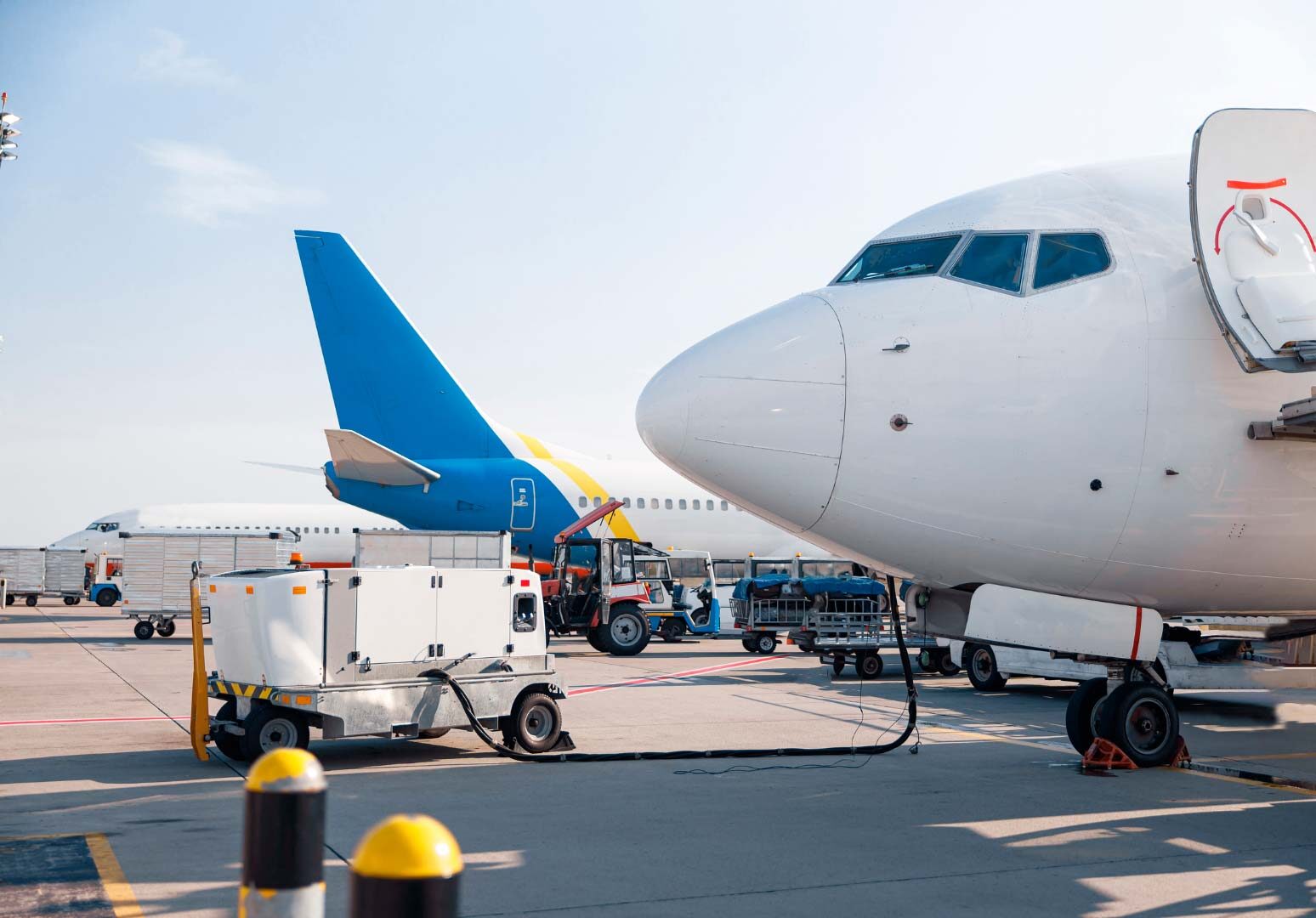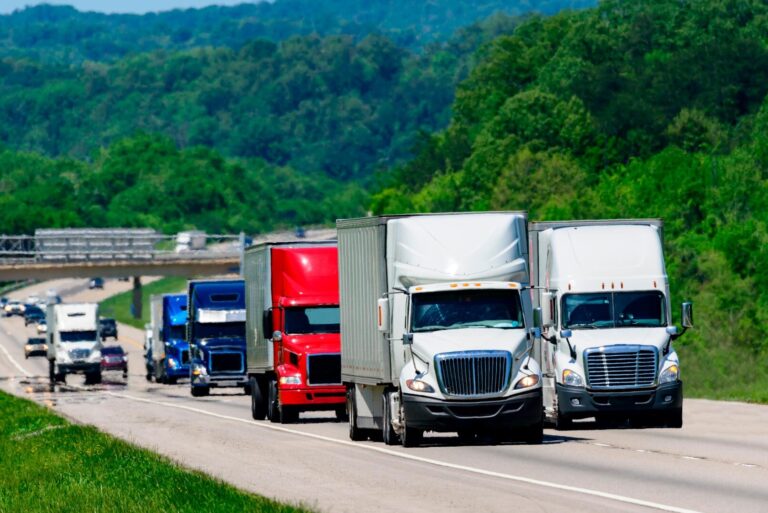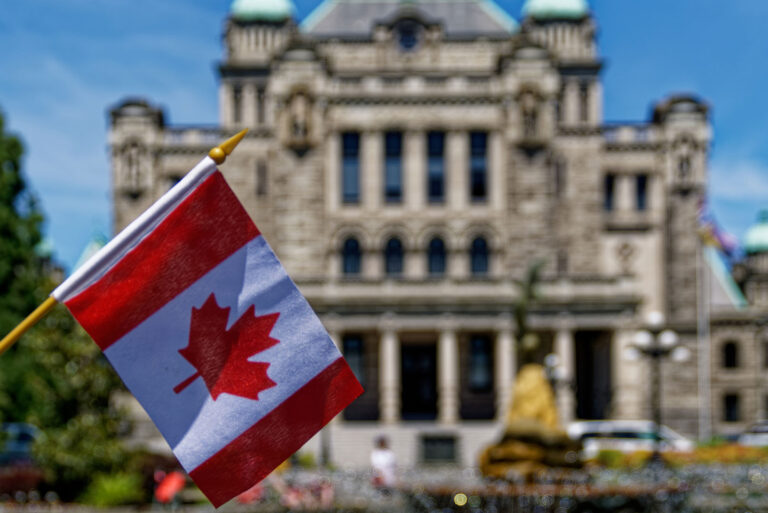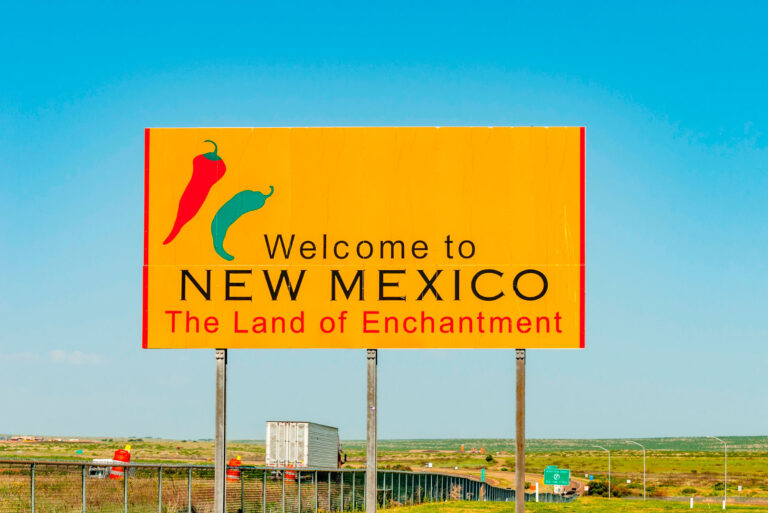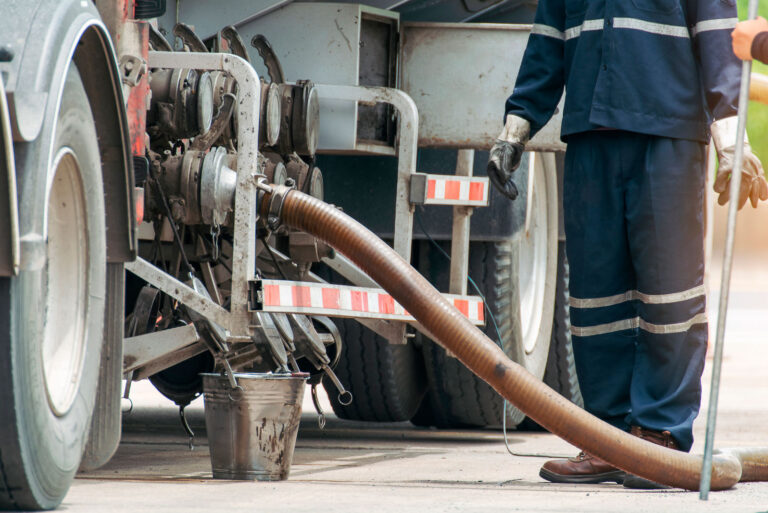Proposed Updates to the Washington State Clean Fuel Standard Will Expand to Regulate the Sustainability of Aviation Fuels
March 15, 2024
The Washington Department of Ecology (Ecology) recently proposed changes to the Clean Fuel Standard (CFS) that would introduce sustainable aviation fuels to the program. Currently, the program incentivizes low-carbon fuels for vehicles through rebate opportunities for fleet owners. Under the proposed update, announced in December 2023, the CFS would include stricter enforcement on fuel producers and encourage the transition to sustainable aviation fuels in Washington State.
This article explains the proposed updates to the CFS and how they would affect Washington fleet owners.
Updates to the Clean Fuel Standard
The Clean Fuel Standard, introduced in Washington State in 2023, seeks to reduce carbon emissions from the transportation sector by incentivizing the transition to low-carbon fuels. Through the CFS, fleet owners can generate CFS credits through the use of their electric and low-carbon vehicles. These credits can be sold to regulated fuel producers, who are required to reduce the carbon intensity of their fuels – or purchase CFS credits to offset their emissions.
Learn more about how the CFS works: Washington Clean Fuel Standard: Fleet Owner's Guide
In December 2023, Ecology proposed updates to the CFS that would introduce several key changes aimed at enhancing the effectiveness of the program. These amendments include:
- Introducing regulations on aviation fuel producers to encourage the production of sustainable aviation fuels.
- Introducing verifications for third-party applications and data report submissions.
- Updating book-and-claim requirements for electricity and biomethane to ensure accurate reporting of sustainable fuel usage.
- Improving the compliance and enforcement processes for fuel producers.
Incentivizing Sustainable Aviation Fuels and Building Demand for CFS Credits
The expansion of the CFS to include aviation fuels would place pressure on fuel producers that have previously been unaffected by the program. With this amendment, these fuel producers would be required to reduce the carbon intensity score of their fuels or purchase CFS credits to offset their emissions. While this amendment has not yet been finalized, it may pave the way for further regulations on fuels throughout the transportation sector, such as marine crafts and trains.
Additionally, these amendments will likelcould lead to higher demand for CFS credits and create greater opportunity for fleet owners to generate revenue through the CFS as the value of credits increases.y result in more fuel suppliers being affected by CFS regulations, which
To ensure thorough and accurate reporting through the CFS, fleet owners can partner with Smart Charging Technologies (SCT) to ease the hassle of credit generation. SCT handles the application, reporting, and credit reselling processes, making sure fleet owners earn the highest price for their CFS credits.
Learn more about how SCT can help you navigate the changing CFS landscape: Washington CFS Program
Related Posts
